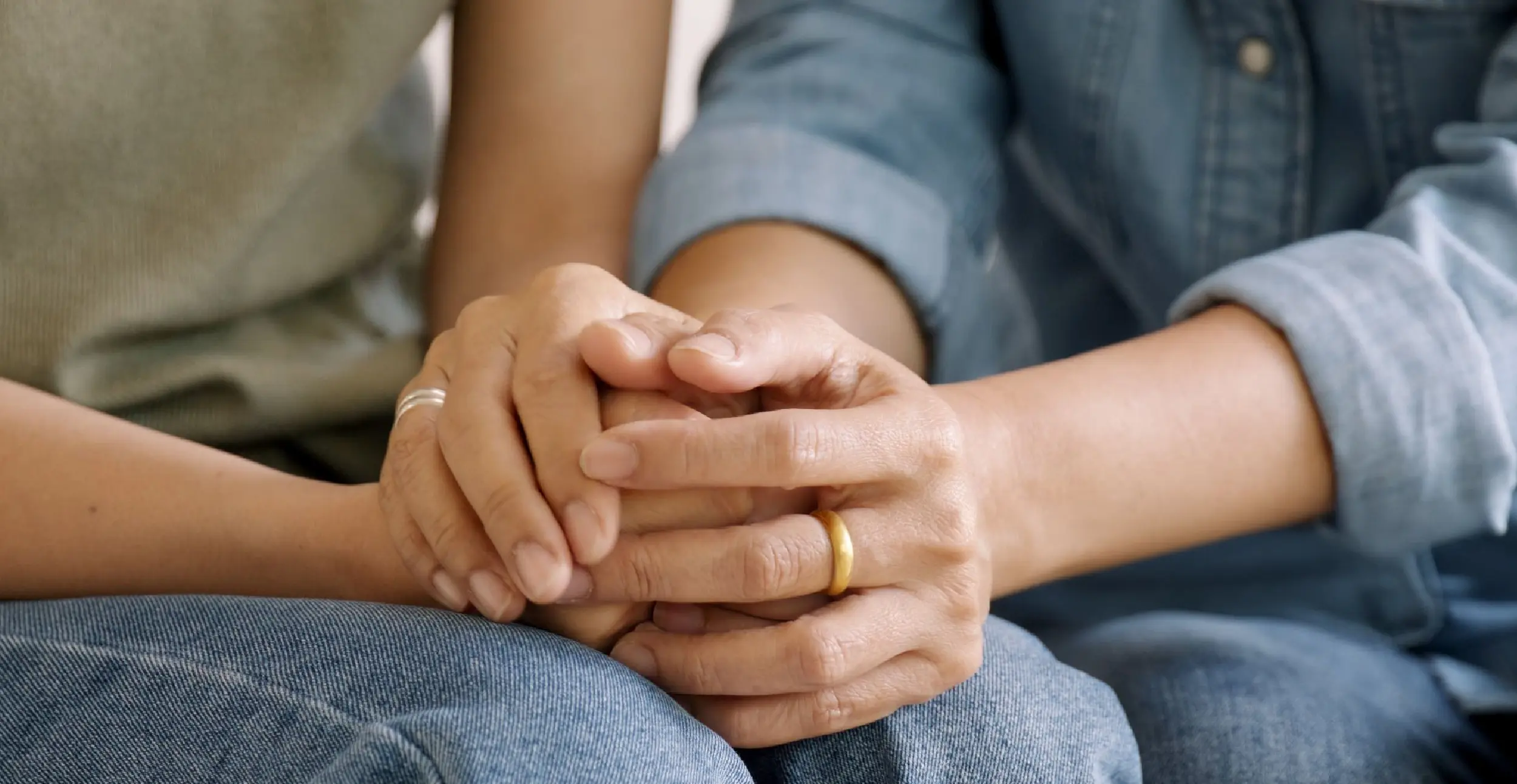Person-Centered Humanistic Therapy is a therapeutic modality developed in the 1940s by American psychologist Carl Rogers. Rogers based this modality on the concept of self-actualization—the idea that every person has the capacity and desire for personal growth and change. Thus, principles of Person-Centered Humanistic Therapy can be helpful in teen mental health treatment.

Parent Information
How To Help A Teenager With Anxiety And Depression?
Anxiety and depression affect nearly 40% of teenagers, impacting their health, relationships, and academic performance. Learn the warning signs, different types of disorders, and how to support your teen through difficult times.




